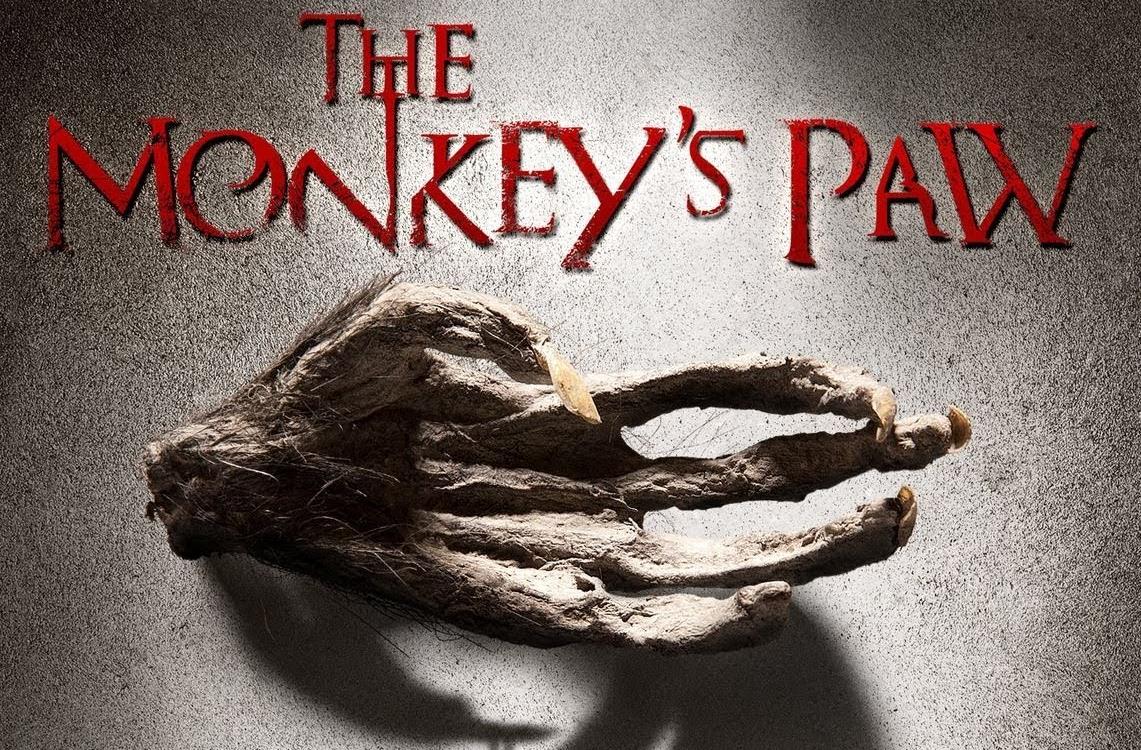
Fiction Analysis: Chess in W. W. Jacobs' 'The Monkey's Paw'
The Monkey’s Paw, a short story published by W. W. Jacobs originally in 1902, may not seem to have that much to do with our beloved game. The only discussion of chess takes place at the start, where the father and son are playing during the storm. And yet, any writer of short stories would tell you that there shouldn’t be room for it; it takes away from the whole point of the story and bogs the whole thing down. The rest of the story is very much concerned with the wishes and the monkey’s paw itself which leads us to ask the question, what is the whole point of having this game in the story to begin with? That’s the question I’m going to try and answer.
The first thing to note is that when it discusses Mr. White’s game play, it is described that he ‘possessed ideas about the game involving radical chances, putting his king into such sharp and unnecessary perils.’ Through his playing style, that of aggressive, perhaps reckless play, we learn about him as a character. He is a man that takes risks, even at risk to his own safety and the life of his king, his own life.
He then ‘having seen a fatal mistake after it was too late, was amiably desirous of preventing his son from seeing it.’ Consider the lexis choice, that Jacobs uses ‘seeing’ instead of ‘noticing’ or ‘recognising’. No, he specifically calls sight into our imaginations. He has foreseen an outcome that he hopes nobody else will lay their eyes upon.
After this, with his son putting him in check, the father has ‘his hand poised over the board.’ His hand is involved in the movement of pieces, the way the situation will come out. And to end it all, his wife says ‘”perhaps you’ll win the next one.”’
None of this specific description of the game is incidental. It is deliberately giving us an experience for Mr. White to learn from, to aid his character arc. The narrative’s end specifically draws attention to the points I have highlighted, and the way Mr. White’s game with his son (note it is his son he plays with, and eventually he will be in a psychological battle against the hold his dead son will have over his family) impacts the story is interesting to discuss.
Firstly, we get another example of Mr. White’s recklessness. He wishes for two hundred pounds (remember this was written over a hundred years ago), and the power of the paw gives it to him at the expense of his son’s life. His recklessness, as in snagging a supposedly free pawn, has come back to bite him. The pawn, or in this case the £200, was poisoned, and he fell for the trap of thinking he was impervious, and not heeding the warning the Sargeant-Major has given him; ‘”Better let it burn”’, ‘”I warn you of the consequences”’. Mr. White pressed his luck, and it cost him his son.
He learns from this, hence his hesitation to use the paw again to wish his son back to life. He’s learning, his aggressive style having been tamed by being bitten too many times. ‘”It is foolish and wicked”’ he tells his wife. This will never be a good thing to do, his wife being caught up in a fever he has experienced and learned from over the board. He now understands why he always lost.
Remember how Mr. White didn’t want his son to see the checkmate coming? We have two instances of sight raised later on the topic of the dead son. Firstly, Mr. White’s comment that ‘”I could only recognize him by his clothing. If he was too terrible for you to see then, how now?”’ This is his verbal warning to his wife, just as the Sargeant-Major gave him a warning not to press his luck. It is refused, and his son’s resurrection is wished for.
Interesting is that there is specifically no evidence of the son’s revival. The nearest we get is that ‘A cold wind rushed up the staircase, and a long loud wail of disappointment and misery from his wife gave him the courage to run down to her side.’ It even states that the road was ‘quiet and deserted.’ There is no evidence of the son; Mr. White’s wish has, in the nick of time, prevented his wife from seeing his mistake. He’s seen it ahead of time, learning from the chess game at the beginning, and this time managed to spare his wife the grief of looking upon it.
I mentioned that his hand hovered over the board, and this corresponds to his fumbling for the paw, ‘groping wildly on the floor in search of the paw. If he could only find it before the thing outside got in.’ He wants to solve his problems, fix his mistakes as he couldn’t do before over the board. Finally, when his wife tells him he might win the next one in the story’s beginning, she was right. In a way, he did win the next game.
For the scholarly, then, the chess game presents another angle to a classic tale, illuminating Mr. White’s change from reckless to cautious, aggressive to solid. For the chess player, however, it is so much more. Not only does it teach us to make sure we’re not rushing into an attack without checking the consequences, but it shows how the techniques and lessons learned over the board can be translated to everyday life. It shows the game influencing us subconsciously, helping us to become better people, better at making decisions and choosing how we lead our lives.
-copyright Kieran Judge
-The Monkey’s Paw was published by W. W. Jacobs in 1902, in his collection The Lady of the Barge